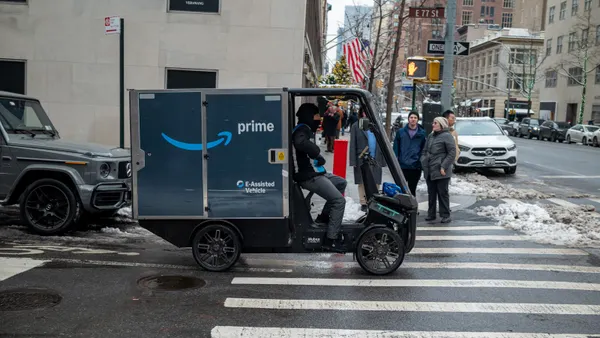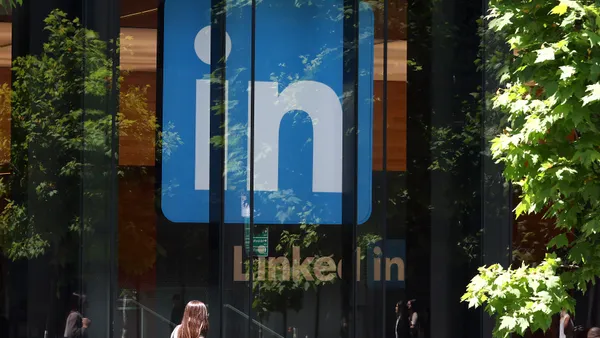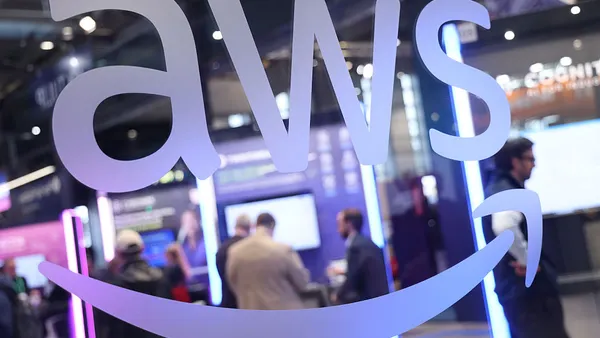As more knowledge workers integrate artificial intelligence tools into their jobs, they’re also reporting higher workplace loneliness levels and the need for deeper human connection, according to a July 24 report from Moo, a design and print services company.
Nearly 79% of knowledge workers said they feel isolated at work — and the rate is even higher among younger workers. Eighty-nine percent of Generation Z workers and 82% of millennials report feeling loneliness. In addition, 84% of employees urged to use AI at work reported loneliness, which suggests a potential link between AI adoption and isolation, the report found.
“AI is transforming the way we work and increasing automation, but it’s connection, creativity and culture that remain at the heart of thriving organizations,” Claire Donald, chief product and technology officer at Moo, said in a statement. “As companies adopt new tools, they must also prioritize human interaction — those day-to-day meetings and opportunities to collaborate that foster a sense of belonging and spark innovation across teams.”
In a survey of 1,000 U.S. knowledge workers, 65% said they’re now “cognitive outsourcing,” or turning to AI tools before asking a co-worker. Millennials appear to be leading in this area, with 71% saying they turn to AI first, compared to half of both baby boomers and Gen Z.
At the same time, not everyone is happy about AI adoption. While 62% of knowledge workers are encouraged to use AI in their roles, 28% said they’re irritated by colleagues who rely on AI tools.
As AI use increases, 60% of knowledge workers said it’s likely that AI will replace some of their colleagues. However, company culture and connection could be affected, Moo reported, with those who are lonely at work being much more likely to describe their company culture as stressful or overwhelming.
Proper onboarding can help, the report found. Only half of knowledge workers said they received adequate onboarding at the beginning of their job, with the other half citing concerns about unclear performance expectations, company culture and values. Instead, Moo reported, assigning a mentor or peer support can help combat workplace loneliness and boost onboarding efficacy.
“By implementing a hybrid approach with a mix of human input and digital tools, employees can get back some of the connection they crave,” the report concluded. “Ultimately, finding a balance between leveraging AI and preserving meaningful interactions will be crucial for organizations to thrive in the future.”














